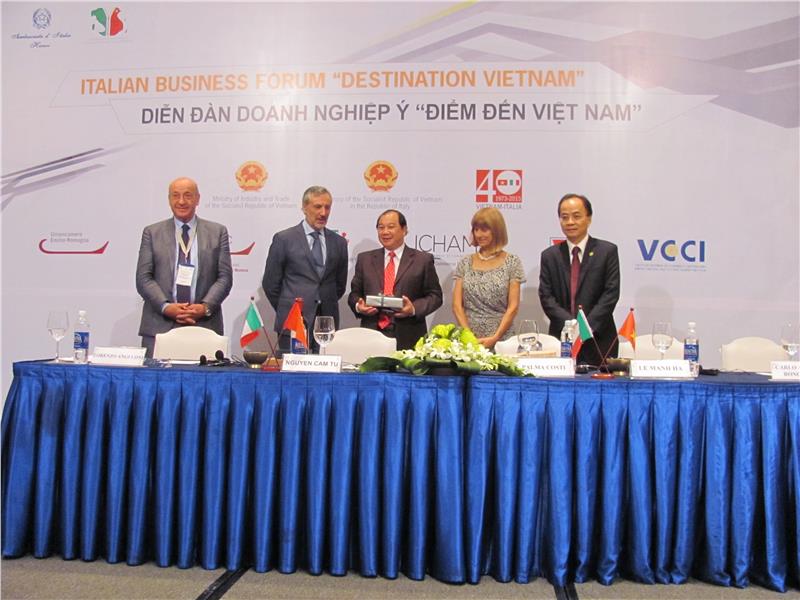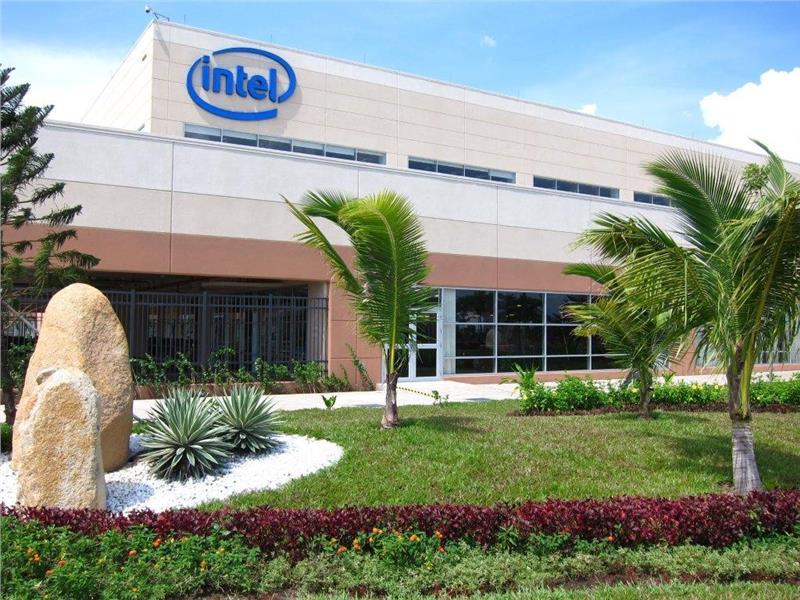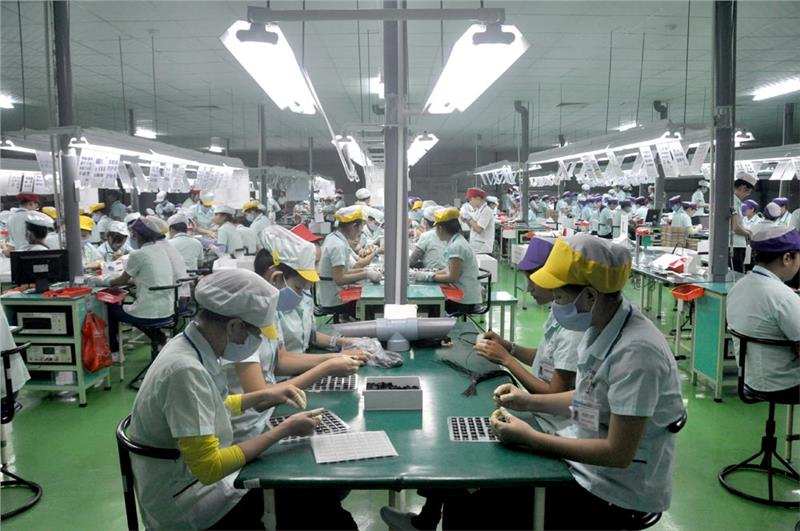Thu, 05 Feb 2015. Last updated Thu, 25 Jun 2015 09:00

| Mon | Tue | Wed | Thu | Fri | Sat | Sun |
|---|---|---|---|---|---|---|
Mr. Ralph Jenning, an expert on Asian financial markets, stated that while the Chinese economy has been slow and its labor costs are more and more expensive, Vietnam is increasingly becoming an attractive production environment for foreign investors. Foreign investments in Vietnam manufacturing sector, especially in the high assembly technology are still growing. Currently, two well-known car manufacturers Fords and Toyota are expanding their production facilities in Vietnam. Not only that, Vietnam Government continues carrying out new policies to attract foreign investors. Mr. Matthaes, a staff of Infocus Consultant based in Ho Chi Minh City said that Vietnam Government was welcoming and widely opening its market for foreign investors in almost fields, thereby, the application for permits and operation in Vietnam is easier than in China.

The foreign investment capital in the technology sector in Vietnam now is quite large. Intel - the world largest and highest valued semiconductor chip makers - has operated assembly plants in Ho Chi Minh City since 2010 with the value up to 1 billion USD. Besides, the largest foreign investor in Vietnam Samsung Electronics now invests up to 11 billion USD. Hon Hai Precision Contractor (Apple) are producing many components for Vietnam smart phone market. According to the statistics of Chinese Government, China's economic growth in 2014 was 7.4% - the lowest number in past 24 years. The reason for its low growth was that the industrial production only increased 8.3%, which was lower than the increase of 9.7% in 2013. According to the prediction of the World Bank, in 2015, Chinese economy will only grow at 7.1%.
The total foreign direct investment in China in 2014 was 119.6 billion USD, which increased less than 2% in comparison to 2013. Beijing officials is currently drafting foreign direct investment law to create equal treatments between domestic projects and foreign investment projects. Accordingly, this law will help to reduce and eliminate barriers for foreign investment projects. Nonetheless, the increase of labor cost and housing prices in 5 preceding years have made foreign investors looking to cut costs.

In the fourth quarter of 2014, the foreign direct investment in Vietnam rose 60% compared to the same period in 2013 with the amount 0f 8 billion USD in only three months. The above results were achieved because Vietnam labor costs is cheap. It is cheaper than in China 20 - 23%. Since 2011, Vietnam has been conducting many measurements to curb inflation and prevent the currency devaluation. In addition, according to the research of Daxue Consulting, procedures for building license in Vietnam is more convenient than in China. This encourages investors to build factories in Vietnam. Daxue Consulting published that it only took 114 days to construct a factory in Vietnam, meanwhile, building a factory in China takes 244 days. Besides, shipping costs per container in China is more expensive than in Vietnam 200 USD.
Mr. Adam McCarty (Mekong Economic Company based in Hanoi) stated that Vietnam was able to compete better in the global value chain in the context of labor costs in China are rising and 10 members of ASEAN jointly increased their competitiveness. "All real barriers have been transformed into benefits for investors to develop GDP and Vietnam investment environment while China began to slow down", Mr. Matthaes added.
Sorry, System is updating. Please, press SEARCH NOW

 Đặt vé máy bay cho người Việt?
Bấm vào đây
Đặt vé máy bay cho người Việt?
Bấm vào đây
Our service uses cookies for technical, analytical and marketing purposes. See our Cookie và Privacy policies for more information. If you agree to this, just keep browsing.
